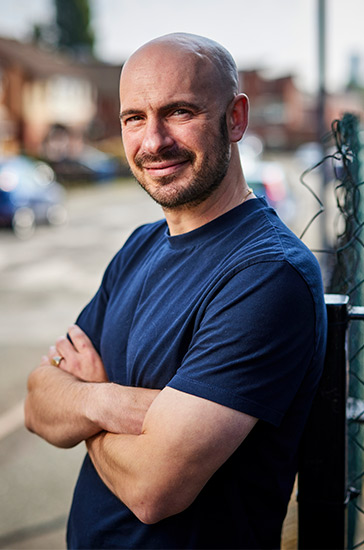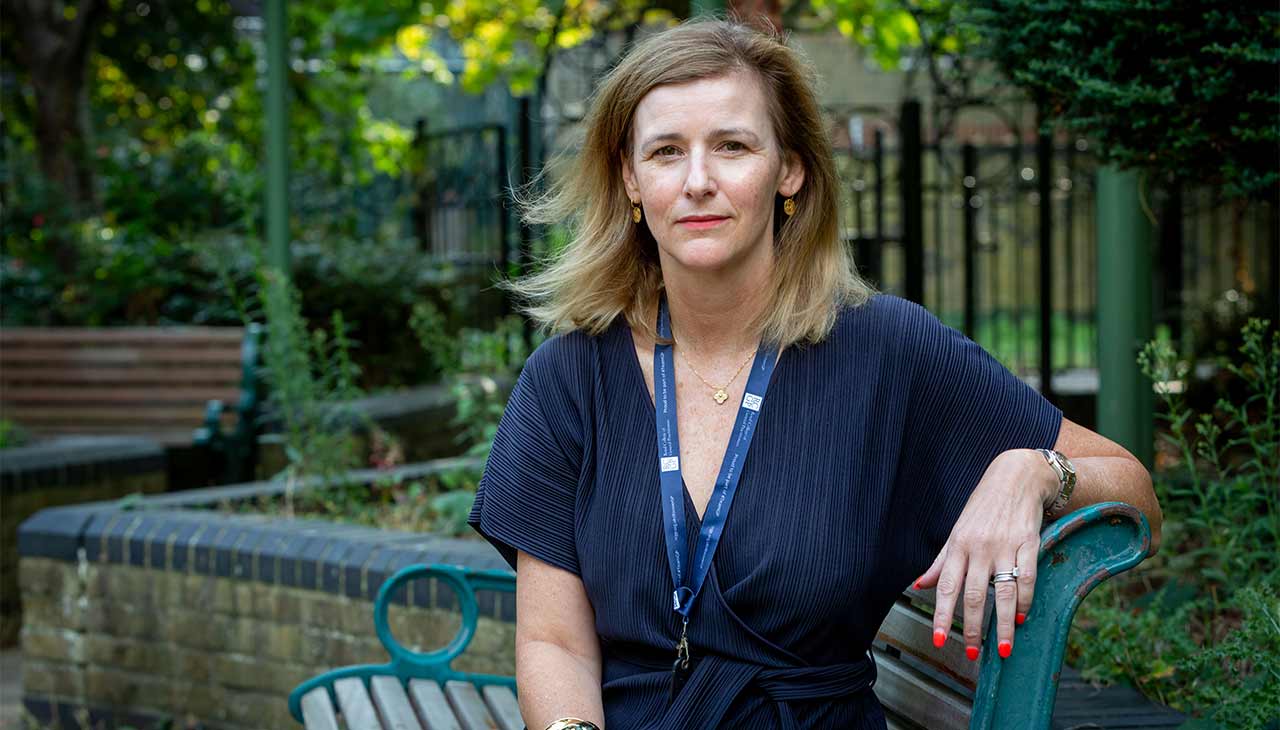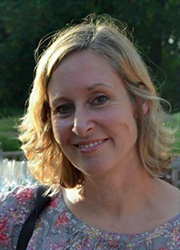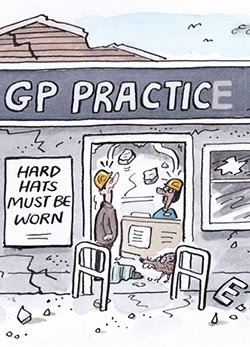

Opinion: AI as our ally, not enemy
Unlike other well-documented addictions to alcohol, cigarettes and drugs, gambling addiction is a public health crisis that is flying under the radar and, in Dr Emma Ryan’s view, not receiving the attention it deserves.
For a substantial and growing number of patients, gambling is a compulsive disorder with devastating consequences for their mental and physical health which requires extensive treatment and support.
It’s estimated that 1.5 million adults across the UK may be experiencing the myriad negative physical, mental and social effects of gambling – and this figure doesn’t account for the adverse impact felt by family members or friends of those with the disorder.

This lack of awareness is what Dr Ryan, a GP Partner in Southeast London and one of the founders of the Primary Care Gambling Service, wants to address: “compared to other serious addictions, gambling is hidden,” she explains.
“People can gamble on their smartphone, they can gamble 24/7 if they want to and it’s not overtly obvious to those around them which is why it’s important GPs are aware of the harms and catch it early.”
Dr Ryan established the Primary Care Gambling Service as part of a team of GPs, mental health nurses and addiction specialists to provide nationwide support to patients experiencing gambling harms.
Headquartered in Southwark, Southeast London, the service offers patients CBT and talking therapies, encouraging withdrawal and connecting those beginning their treatment with others further along a mentoring programme.
“Some of our patients have lost everything,” Dr Ryan explains.
“They’ve lost their jobs, their homes and even their support networks. We hear harrowing accounts of just how deep they’ve sunk into depression – some say their favourite days are when their family leaves the house so they can stay in and gamble non-stop for eight hours.”
Dr Ryan is now working with the College to develop a ‘Gambling Harms Hub’. Through an eLearning course and support for practices, the project aims to provide practice teams with the tools they need to identify and diagnose gambling harms and make appropriate referrals for patients.
The course has been made as accessible as possible - any member of the clinical team who can make referrals can complete it. The idea being that whoever completes the course can then disseminate the key learnings to the rest of the clinical and practice team, so that as many surgeries as possible are aware of the risks of gambling and able to have sensitive conversations with patients they suspect may be in trouble.
Once completed, practices will become ‘Gambling Harms accredited’ and will receive an educational resource pack for the wider practice team, as well as a poster which can be displayed publicly to patients, showing that this is somewhere they can get help.
“There’s still, sadly, a lot of stigma surrounding gambling. Many patients, who may be struggling, don’t feel comfortable speaking to their GP about it”, Dr Ryan continues.
“We need to create an environment where they feel safe discussing their concerns and not feel judged, so they get the care they need. We don’t know how many patients experiencing gambling harms are out there. They often ask for help after it’s already taken a serious toll on their life.”
Whilst the physical health effects of gambling harms are often visible, they are rarely immediate - the psychological impact of gambling being more acute – so several presentations may be necessary before an issue becomes evident.
“This is why getting the accreditation is highly valuable. It lets patients know that your practice is a place where they can get help, so they can have that conversation earlier rather than later,” Dr Ryan says.
At present, provision for treating gambling harms is limited - NHS resourcing alone is not sufficient to fund the treatment that patients need. The RCGP’s project is funded by GambleAware, an independent charity that is mostly funded by a voluntary levy from the gambling industry.
The ethics of accepting funds for a project that aims to address gambling harms from an organisation that is funded by the gambling industry has been a topic of debate and discussion across the medical profession. But GambleAware is clear that the gambling industry has no input, influence or authority over any of its activity – and funding for this project is in line with the RCGP’s sponsorship policy.
Gambling harms are set to be a growing problem. The UK has one of the world’s biggest gambling markets – in 2023 it was valued at £15.1 billion which is an increase of 200% from just ten years ago.
Dr Ryan doesn’t see this trend slowing, explaining: “We have a generation of young people who are big gamers, and at a fundamental level there is overlap between gaming and digital gambling: they both encourage risk taking and reward repetitive behaviour.”
She added: “Many patients may already be experiencing issues but don’t feel comfortable coming forward to have the necessary conversations. It’s vital that as GPs we recognise the stigma and take measures to make our practices a place where patients can discuss their problems openly,” she says.
Find out more about the College’s Gambling Harms Hub, including how your practice can become accredited
Read more

Thank you for your feedback. Your response will help improve this page.


